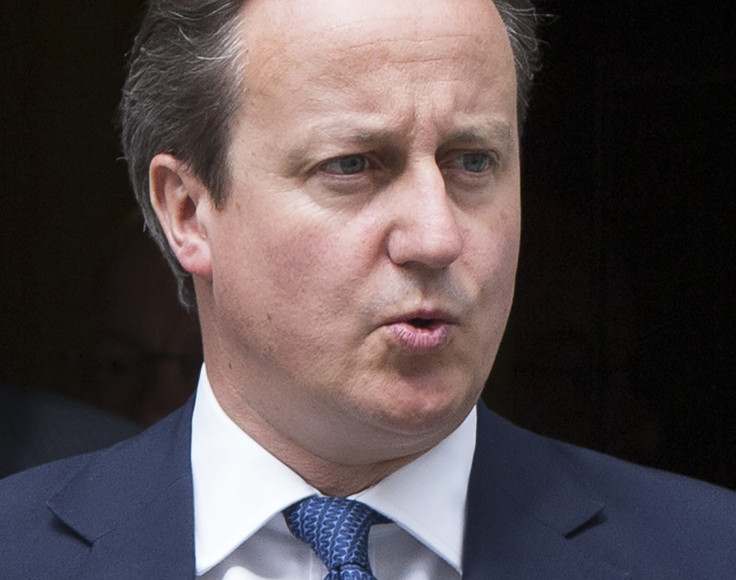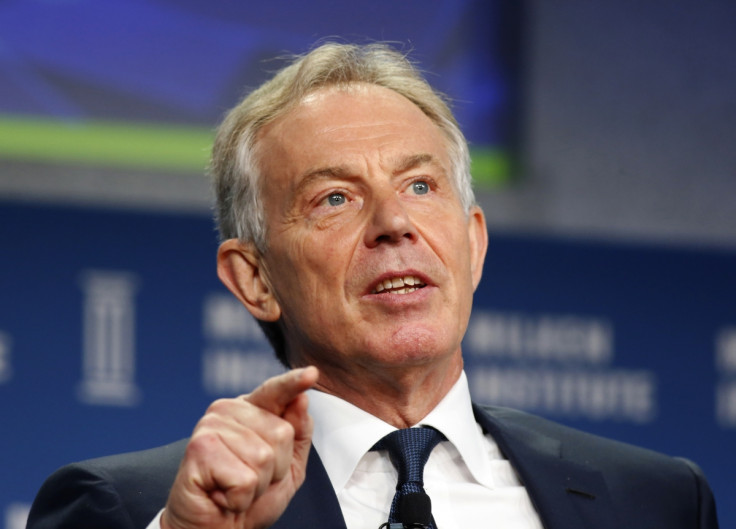David Cameron Rules Out New Iraq War But Fails to Silence Calls for More Clarity

David Cameron's attempts to clarify the UK government's position on the escalating Iraq crisis seems only to have added to the confusion and widespread fears about any future military involvement.
After church leaders led those accusing the prime minister of lacking a coherent approach to the situation, Cameron insisted he was absolutely clear that he was not about to lead the UK into another war in Iraq.
"Britain is not going to get involved in another war in Iraq. We are not going to be putting boots on the ground, we're not going to be sending in the British Army," he said.
Meanwhile, Downing Street has again ruled out a recall of parliament to debate the crisis and confirmed there are no plans for the prime minister to abandon any future summer holiday plans.

But at the same time, defence secretary Michael Fallon has announced the current operation in Iraq now goes beyond the purely humanitarian, involving RAF flying surveillance operations and the rearming of Kurdish fighters.
"This is not simply a humanitarian mission. We and other countries in Europe are determined to do what we can to help the government of Iraq combat this new and very extreme form of terrorism that IS is promoting," he said.
Foreign secretary Phillip Hammond is also hosting regular meetings of the Cobra committee to discuss the UK response.
And Cameron himself said he was ready to use "whatever assets" the UK had to work with its allies and the Iraqi government.
Only last weekend, in echoes of the rhetoric deployed by Tony Blair before the last Iraq war, which many see as a major source of the current crisis, Cameron was talking about the real threat posed to the UK by Islamists.
No wonder, then, that the government has been accused of sending out conflicting signals over the crisis and Cameron has been forced into making statements aimed at clarifying his position.
Many believe the position is still far from clear and that the current approach not only risks appearing confused and contradictory but also threatens further mission creep with the UK being drawn deeper into the conflict.
And it is those echoes of the disastrous Blair-Bush-led Iraq war that has sparked concerns in and around Westminster.
Thanks to that policy, it is now inconceivable that any prime minister would be able to take the country into a conflict without the express permission of MPs after an emergency debate in the Commons.
And it is just a year ago that Cameron did exactly that over planned intervention in Syria and was roundly defeated - another legacy of the Iraq war.
If Cameron was to propose air strikes against IS, for example, there is no way he could do so without that parliamentary approval and, at the moment, there is equally no way he could win such approval.
He knows that all too well, for the foreseeable future, there is no prospect that he could countenance suggesting such a strategy, even though there are suggestions he might personally favour it.
And that leaves him caught between ruling out war yet desperately wanting to tackle exactly the same threat perceived by Blair, albeit by a different name.
While backing the government's current stand, shadow foreign secretary Douglas Alexander continues to demand more clarity and it is certain that pressure will grow over coming weeks.
Unless Cameron can ease all those fears over mission creep and set some clearer parameters for the UK's operations, or should there be any suggestion the government is considering more substantial military aid, the demands for an emergency Commons recall may become irresistible.
© Copyright IBTimes 2025. All rights reserved.






















